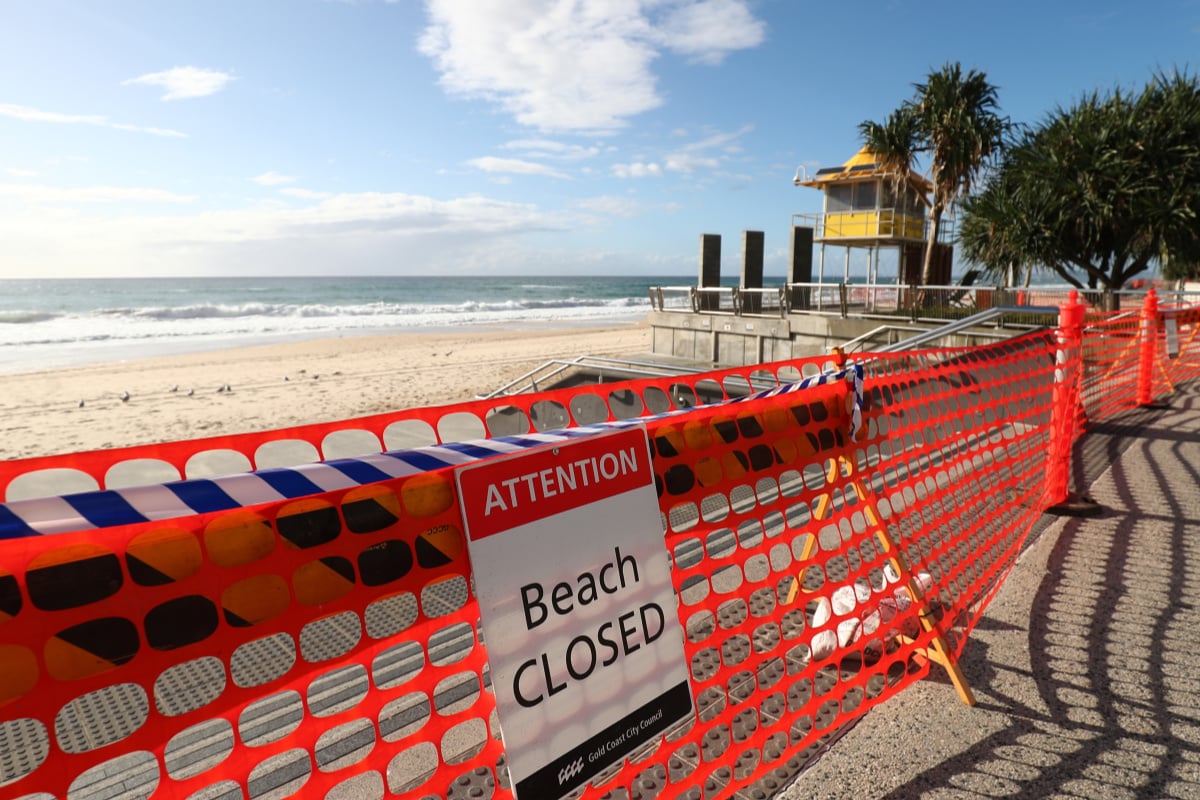
Thanks to the coronavirus pandemic, the upcoming Easter break will look very different this year.
As the long weekend approaches, it’s hard to keep up with all the rules and regulations on what exactly you can and can’t do. But we’ve done the hard work for you, and collated the latest rules regarding what you are currently allowed to do over the Easter break.
As the number of confirmed coronavirus cases surpasses 6,000 at the time of reporting, all Australians are advised to stay home unless they need to leave the house for an essential reason.
But does that mean you can still go for a drive? And what about visiting your family members?
Here are all your questions about the looming long weekend ahead, answered.
Can I go for a drive?
This depends entirely on where you are driving to.
Across Australia, residents are urged to avoid unnecessary travel. This means not leaving the house unless for one of the following reasons:
- Shopping for what you need.
- For medical care or compassionate needs
- To exercise.
- For work and education, if you cannot work or learn remotely.
- Any other exemptions outlined by the state or territory you reside in.
If you are driving to carry out any of the above activities, then yes, you can go for a drive.
But what if you are just going for a drive to get out of the house or “just for fun”?
Well, that’s not essential travel, or considered an essential reason to leave your home. And ‘going for a road trip’ is certainly not considered an essential reason to leave the house.
Watch: Mamamia’s Claire Murphy answers your most common questions about COVID-19. Post continues below.

Top Comments
Worst Easter ever. They should have delayed the 4 day long weekend until after lockdown is lifted. What is the point of a long weekend if everything that makes life worth living is not allowed?
I’m glad they haven’t. I’m a Christian and I need the Good Friday and Easter Sunday church services more than ever. A time when we need some hope in our lives feels like the perfect time for Easter.
Uh, priorities, Jen. Read the room.
Chill with the sanctimony and perhaps get off your high horse?
Just because I'm feeling sad about missing out on my long weekend does NOT mean I don't have my priorities right. People are suffering with their mental health right now, ita no joke. And snarky, rude comments from anonymous keyboard trolls don't help!!
I wish my favourite brownie place was local. It's 45 mins away